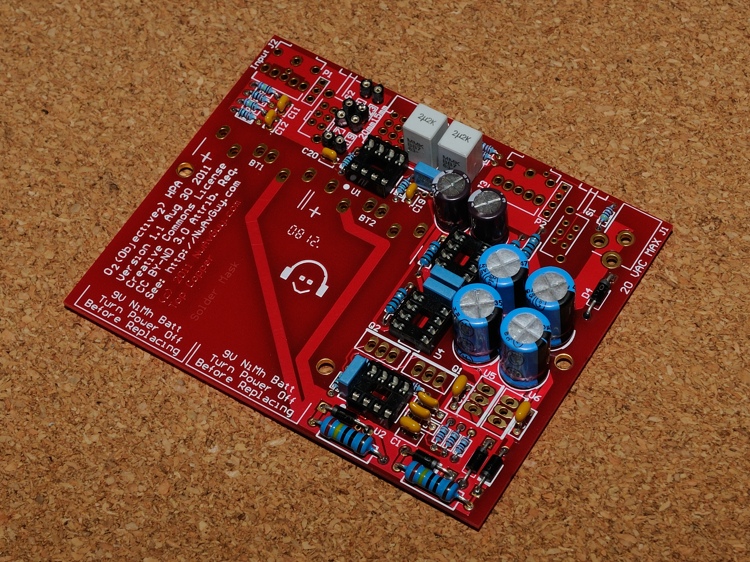I use these sockets to mount resistors that I would like to change over time like gain resistors. Is there any reason I should not use these to mount coupling capacitors same way so I can easily change them, not on O2 board I mean in general?


Any connection besides gold/palladium/rhodium will oxidize and inhibit dry signals. That is currents both below 48 v and below 50 ma. Thus even dip sockets can be problematic.
If you are not afraid to reseat your parts in 3-20 years, go ahead. Reseating parts scrapes the oxide off.
Be sure your circuit doesn't cause backwards 5 volts on a b-e junction if a part loses contact. 7 volts backwards can blow up your transistors, even in the IC's.
If you are not afraid to reseat your parts in 3-20 years, go ahead. Reseating parts scrapes the oxide off.
Be sure your circuit doesn't cause backwards 5 volts on a b-e junction if a part loses contact. 7 volts backwards can blow up your transistors, even in the IC's.
Thanks for your input, part leads are well seated into female pin sockets so they shouldnt lose contact.
It would be better to solder suitable connectors on the component leads, and then plug them into
mating pcb mounted sockets. Heavier parts would also need to be fastened down mechanically.
BTW, always use gold machine pin IC sockets, never the cheap leaf spring type.
mating pcb mounted sockets. Heavier parts would also need to be fastened down mechanically.
BTW, always use gold machine pin IC sockets, never the cheap leaf spring type.
Last edited:
Mill-Max makes some nice receptacles that might be better for this task, since they can be chosen to fit specific lead diameters, and can be purchased with tin or gold contact plating. It'll be much more of a project to use these, since they make many different versions, but again, you can get a much more reliable contact by using receptacles designed specifically for the component lead diameter you're using.